I finished Tezuka’s Apollo’s Song today morning, while waiting for a missing-in-action mechanic. Brilliant work, and a pretty fast read. Considering that it was a two-hour wait, and the book was the only one I had around, I read it twice.
The prologue of the book, like I had mentioned before, is a trippy look at human reproduction.
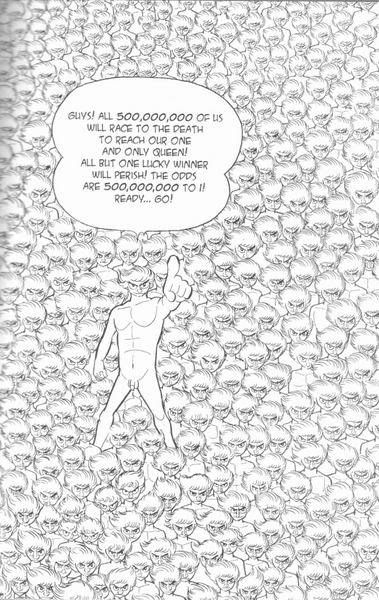
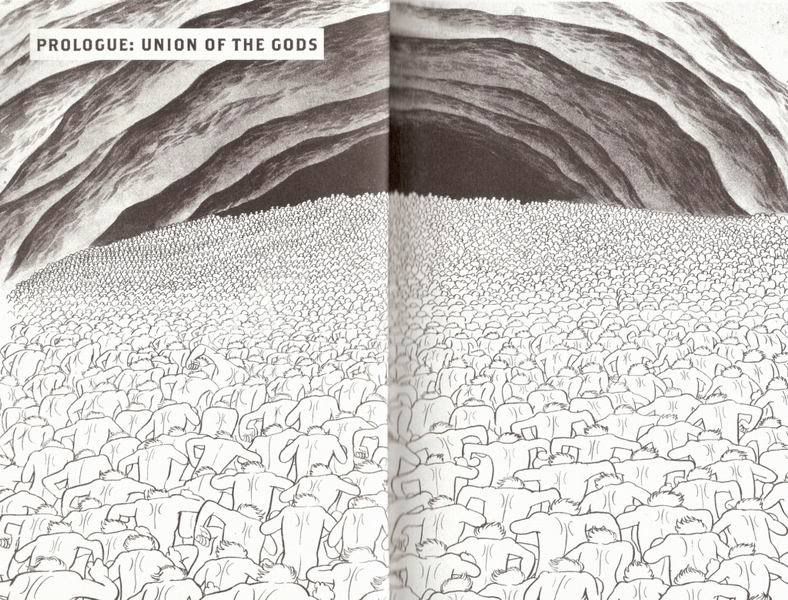
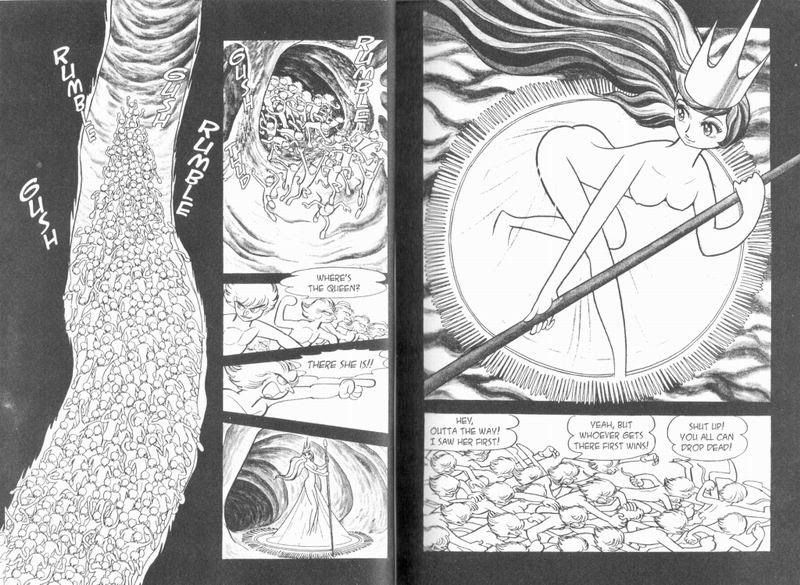
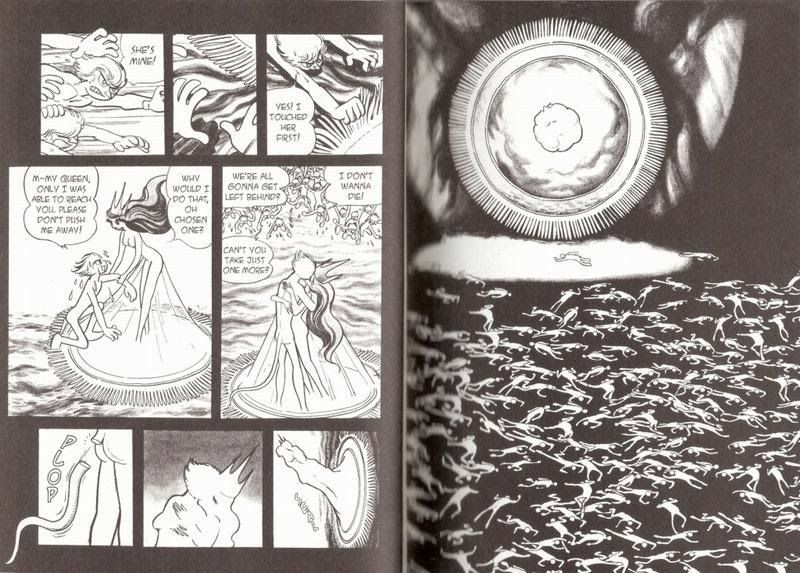
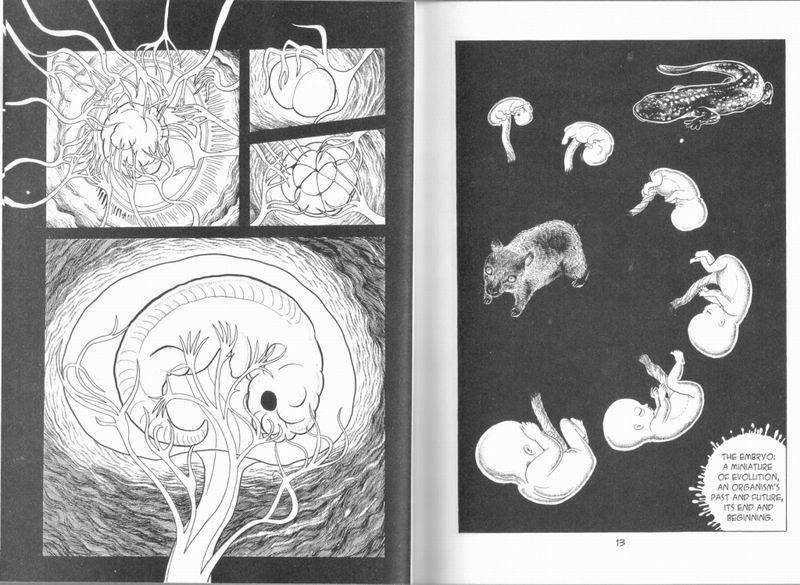
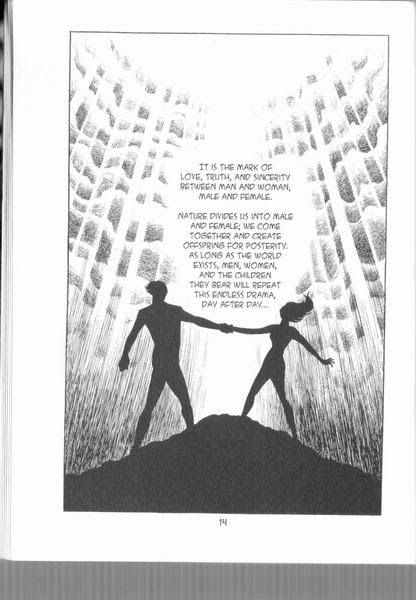
The story, on the surface, is that of a borderline psychotic named Shogo Chikaishi who, because of an abusive childhood, has a history of killing animals – especially one of a pair – because he cannot stand love. He is cursed by a mysterious goddess who appears to him in a dream that he would fall in love, for all eternity and for countless incarnations, with a woman who he would never be able to possess. Furthermore, in every incarnation, one of the lovers would die without either of them consummating their relationship. Thus begins a tale that goes from Nazi Germany to an island full of peaceful animals to a futuristic earth overrun by synthetic humans. The title, and the broad theme of the story is taken from the story of Apollo and the water nymph Daphne, but in Tezuka’s hands, it comes alive as a poignant account of an eternal human experience – love. Is it something futile and meaningless, because all animals do is reproduce and leave behind a part of themselves? Or is it something timeless, something worth aspiring for? ( Don’t look at me! )
I found the treatment superb. Tezuka’s art does not shine as it did in Buddha, but he makes use of his economical style to convey a tremendous amount of emotion in his characters. What surprises me the most is the ease with which The Master goes from drawing a animals and natural outdoor landscapes to futuristic towers of 2030. The character of Shogo took me from being repulsed at his actions to actually sympathizing with him – which shows the kind of character development Tezuka is able to bring into 500 pages. The book does suffer from the occasional misogynistic brush-strokes – Shogo’s mother is painted in villainous hues, her promiscuity apparently leading to his loss of faith in humanity. ( Though, to be fair, Tezuka later recants and shows us how a mother’s love for her son remains steadfast.) There are digs at career-oriented women, a reflection of Tezuka’s own post-War views, perhaps?

the art
the art is so great on that.
http://astore.amazon.com/sirjcomics-20